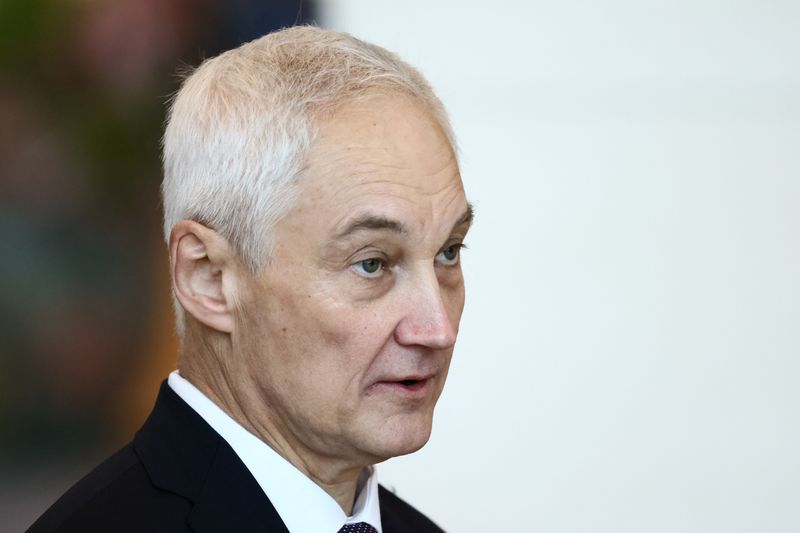Zero consumer demand one of problems Russian economy
2022.12.27 10:32

Zero consumer demand one of problems Russian economy
Budrigannews.com – According to First Deputy Prime Minister Andrei Belousov’s statement on Tuesday, the most important issues facing the Russian government in 2023 are fostering a recovery in consumer demand and assisting the corporate sector in becoming profitable.
With widespread Western sanctions against Moscow for its actions in Ukraine and a “partial mobilization” of mostly working-age men adding to longer-term issues like falling disposable incomes, Russia’s economy is expected to contract for the second year in a row in 2023.
In an interview that aired on state television, Belousov stated, “The consumer market is recovering very slowly.” He described the circumstance as “close to stagnation.”
Belousov stated, “This is primarily due to the fact that our real wage growth is recovering very slowly, which is the flip side of a low unemployment rate.” Real wage growth is extremely sluggish as a result of high employment.”
He stated that consumer lending, a powerful tool for supporting demand, is also declining.
According to Belousov, the decline in corporate profits of 8-10 percent year over year is causing issues with investment.
“A company’s own funds account for more than half of our investment funding. He stated, “Investment will also suffer if profits decline.”
The recent decline in the rouble may assist in this regard. The rouble strengthened throughout much of this year due to capital controls and a collapse in imports; however, given that company revenues are decreasing, Belousov stated that a rate of 70-80 dollars per dollar would be more beneficial.
Next year, inflation is expected to be between 5 and 6 percent, but Belousov anticipates a lower rate, which could allow the Bank of Russia to ease monetary policy and encourage growth.
More Bahrain’s Economy Grew by 4.2% in Q3
In contrast, economists surveyed by Reuters last week predicted inflation closer to the upper end of that range, limiting the scope for rate cuts.








